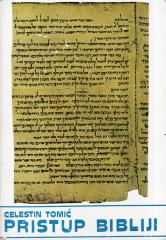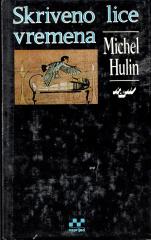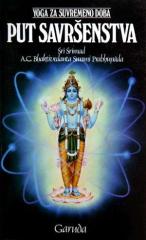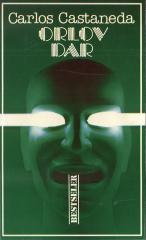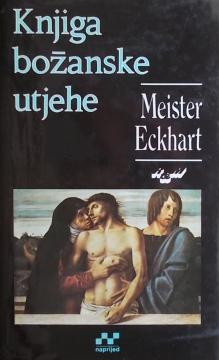
Knjiga božanske utjehe: Traktati i propovijedi
Aufgrund der Ausdruckskraft, der spirituellen Ausstrahlung und des sozioreligiösen Einflusses zählt Meister Eckharts Werk zu den originellsten Dokumenten der Mystik und mystischen Theologie im „abendländischen christlichen Kontext“.
Eckhart lebte und wirkte an der Wende vom 13. zum 14. Jahrhundert. Es war sowohl gesellschaftlich als auch spirituell eine äußerst stürmische Zeit. Obwohl die Zeit der spirituellen Kathedralen, also des Aufbaus großer philosophischer und theologischer Systeme des goldenen Zeitalters der Scholastik, vorbei war, war die Zeit der Anhänger dieser Systeme noch nicht vorbei, so dass der „moderne Weg“ von einer großen Zahl beschritten wurde junger Denker stieß auf großen Widerstand.
Einer der ersten, der sowohl mit dem alten als auch mit dem modernen Weg unzufrieden war und nach einem dritten „inneren“ Weg suchte, war Meister Eckhart, ein deutscher Dominikaner, Pariser Student und Professor, Prediger der deutschen Massen und Ziel der bischöflichen und päpstlichen Theologie Provisionen. Eckhart orientiert sich mehr am ehrlichen Ausdruck seiner tiefen Erfahrung als an der Konstruktion eines originellen Systems. Die Qualität seines Geistes ist Gründlichkeit, nicht Staunen oder Ekstase, noch Rückzug aus der Welt, der normalerweise mit Mystik verbunden ist.
Seiner Meinung nach ist es nicht entscheidend, ob jemand in der Kirche oder auf der Straße, in der Einsamkeit oder unter Menschen ist. So heißt es in einer der Thesen, die durch die Bulle von Papst Johannes XXII. verurteilt wurden, dass sich alles, was die Heilige Schrift über Christus sagt, in jedem guten Menschen erfüllt. Auf den Vorwurf, religiöse Wahrheiten würden durch die einfache Darstellung theologischer Meinungen verdunkelt, antwortet Eckhart, dass Unwissende belehrt würden, um gelehrt zu werden, und dass es nichts Altes gäbe, wenn es kein Neues gäbe.
Meister Eckhart ist sich der Kühnheit seiner Worte und der Höhe seines spirituellen Aufstiegs bewusst und wird sagen: „Wenn Gott sich von der Wahrheit abwenden könnte, würde ich an der Wahrheit festhalten und würde Gott am liebsten verlassen.“
Im Angebot sind keine Exemplare vorhanden
Das letzte Exemplar wurde kürzlich verkauft.

